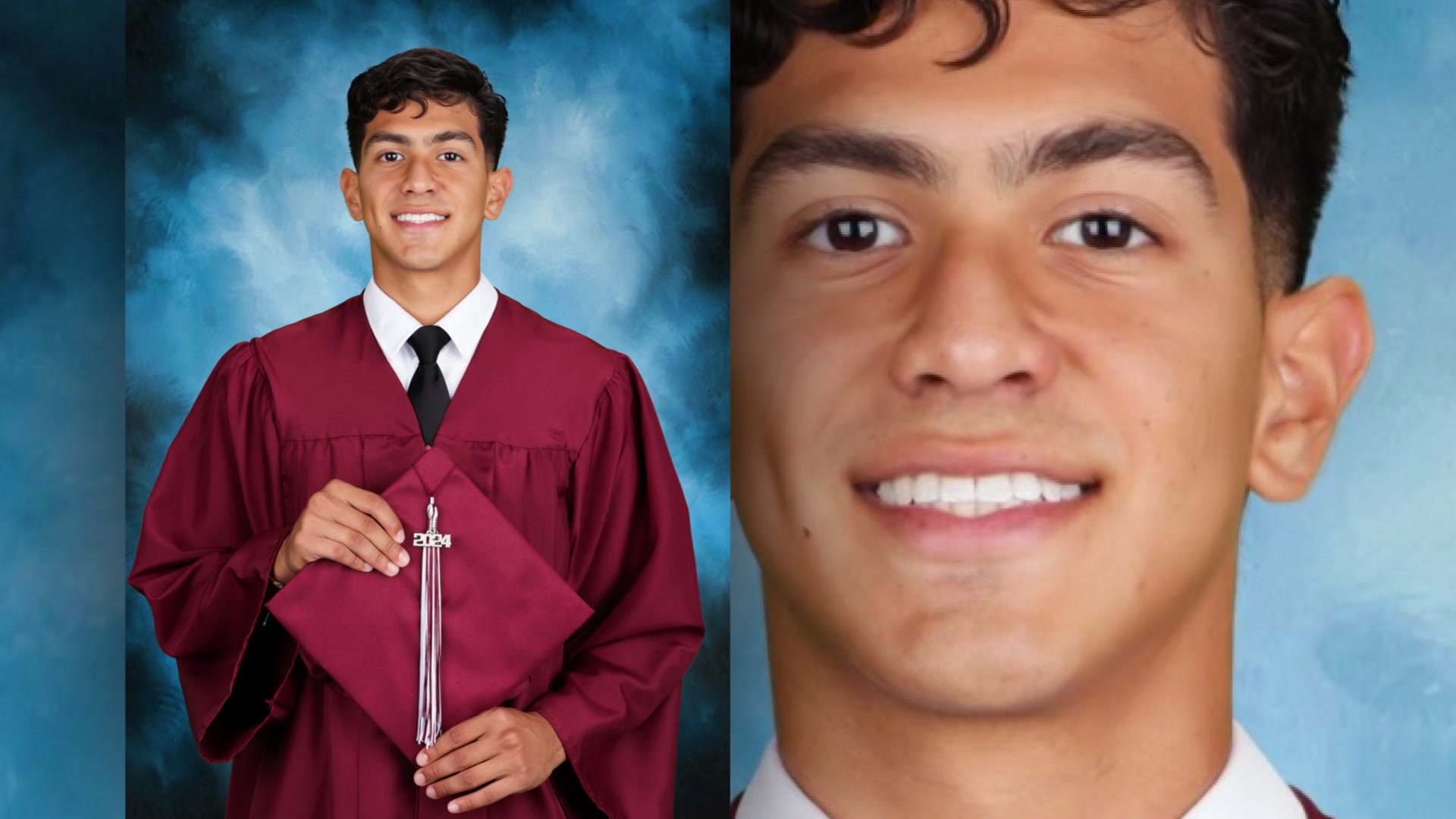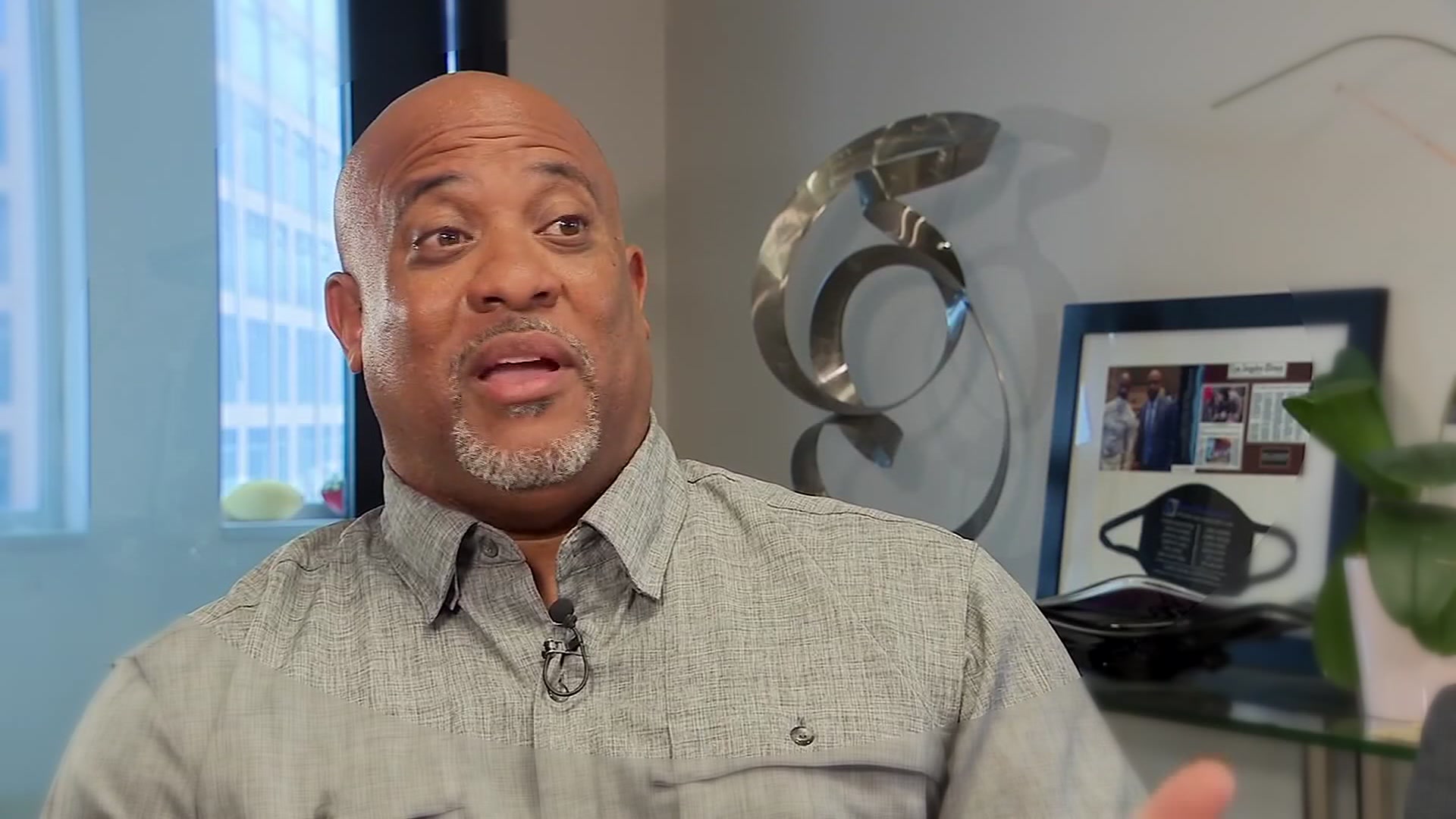The city of Dallas' new approach to panhandling is intended to combine compassion with enforcement and city council members who heard about the plan this week said they were pleased.
At the corner of Inwood Road and Stemmons Freeway on Tuesday, some drivers and panhandlers were not convinced it would work.
There were solicitors on every corner at that intersection Tuesday afternoon and others down the street.
One, named John, declined to give his last name but said there were many reasons people wind up begging for money there.
Get DFW local news, weather forecasts and entertainment stories to your inbox. Sign up for NBC DFW newsletters.
“Until other problems go away, until somebody does something with the other problems, you're not going to fix this,” he said.
The new plan is an effort to address those other problems with crisis intervention teams offering help with drug, alcohol, medical and mental health care, and also jobs, food and housing.
Panhandler James Taylor said he would welcome such help.
Local
The latest news from around North Texas.
“I'd like to see that,” he said.
The Dallas City Council Government Performance and Financial Management Committee heard a briefing on the plan Monday.
“My constituents are really craving knowing what our response is to this issue,” city council member Gay Donnell Willis said.
Committee Chair Cara Mendelsohn recalled how the past two panhandling proposals from city staff were rejected with instructions to return with something more like this.
“And I think what we just heard in this presentation is exactly what we asked for. We asked for compassion plus enforcement," Mendelsohn said. "What I see is a multi-prong approach that is cutting across departments to address the needs of people who are actually panhandling, as well as the residents who are tired of being harassed and seeing their intersections full of debris and unsafe driving conditions."
The city will also ask people not to donate to panhandlers and give to churches and charities instead.
Driver John Burnett at Inwood and Stemmons said he has trouble trusting charities and prefers to donate directly to people in need instead.
“I imagine if the charities were out here doing work like they're supposed to, some of the people wouldn't be out here. So why would I give my money to them,” he said.
Collecting money in the street is already against the law in Dallas.
Panhandlers who decline to cooperate with the city’s new alternatives will be tracked in a new city database for follow-up and possible citations.
Dallas community courts will go out to the street as part of the plan to handle panhandling cases on the spot.
The panhandler named John said enforcement is not the answer.
“These are the services they're going to use to stop me from doing what I'm doing to try to take care of myself,” he said.
Some city efforts to help homeless people find services are already underway in Dallas. The extra program directed strictly at panhandling will begin in November with a six-month report on results due in June 2022.



